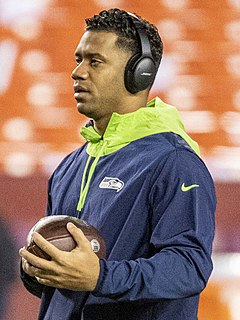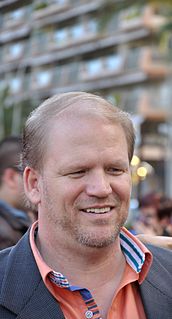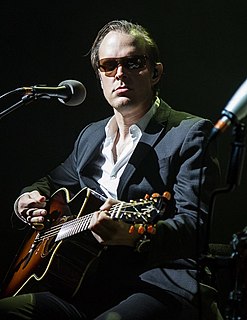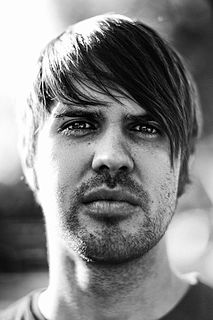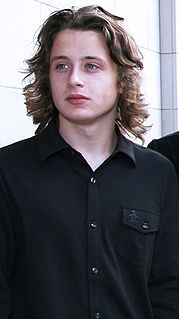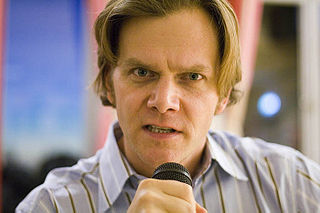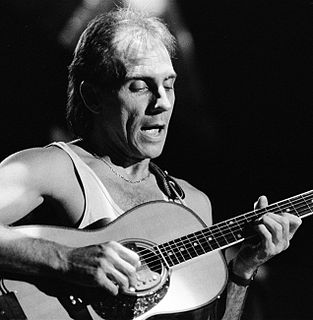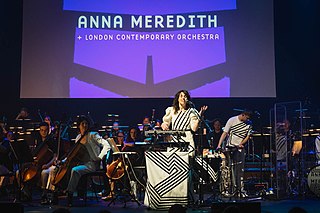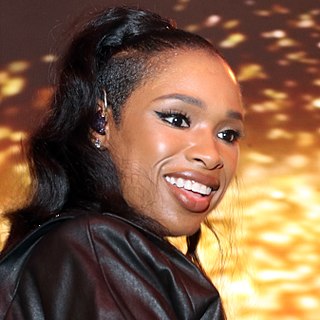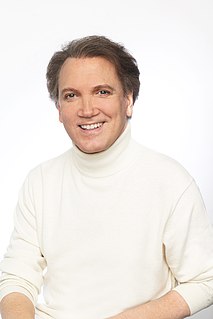A Quote by Teju Cole
Note-taking is important to me: a week's worth of reading notes (or "thoughts I had in the shower" notes) is cumulatively more interesting than anything I might be able to come up with on a single given day.
Related Quotes
I’ll write down little lines, I always say, 'K.T.N.,' and I say that to my receivers and running backs and that means 'keep taking notes.' That keeps me alert. That keeps me going. That keeps my drive there, even when you’re taking notes on something that you’ve already taken notes on a million times - keep taking notes.
You never can tell, though, with suicide notes, can you? In the planetary aggregate of all life, there are many more suicide notes than there are suicides. They're like poems in that respect, suicide notes: nearly everyone tries their hand at them some time, with or without the talent. We all write them in our heads. Usually the note is the thing. You complete it, and then resume your time travel. It is the note and not the life that is cancelled out. Or the other way round. Or death. You never can tell, though, can you, with suicide notes.
You get notes from two studios and a network instead of a studio and a network. Although we early on forced them all to do their notes together. I make them all talk to each other first. Because we went through the pains of getting notes from ABC and at the time it was Touchstone, that were opposite - and then CBS notes that were opposite again. So it was, you guys are going to have to work it out as to what is the most important note.
I'm a compulsive note-taker, and I used to feel self-conscious about pulling out my little notebook and taking notes during a casual conversation. Then I noticed that people really seemed to enjoy it; the fact that I was taking notes made their remarks seem particularly insightful or valuable. Now I don't hold myself back.
They say an elephant never forgets. Well, you are not an elephant. Take notes, constantly. Save interesting thoughts, quotations, films, technologies…the medium doesn't matter, so long as it inspires you. When you're stumped, go to your notes like a wizard to his spellbook. Mash those thoughts together. Extend them in every direction until they meet.
If I'm reading a script, and I'm not buying it, I need to be able to relate to the character on some level, and they need to have more than one dimension. I need to have an idea of what this guy's thinking about when he's taking a shower not on camera. And if I can't picture him taking a shower and getting dressed, then he's not a real person.
I'm less interested in uniqueness than in goodness. I see so many concerts where the program notes are more interesting than the music. I remember talking to one composer who went through the most complicated mathematical algorithm to generate some material from scratch. It took weeks and weeks, and he came up with a C major chord. For me, honesty is more interesting than originality.
I took many notes, more than usual before I sat down and wrote Act One, Scene One. I had perhaps eighty pages of notes. . . . I was so prepared that the script seemed inevitable. It was almost all there. I could almost collate it from my notes. The story line, the rather tenuous plot we have, seemed to work out itself. It was a very helpful way to write, and it wasn't so scary. I wasn't starting with a completely blank page.
I was always incredibly obsessed with germs and cleaning and taking shower after shower after shower. Even when I was very young, I wouldn't tie my shoelaces because they had touched the ground. I had continuous repetitive thoughts that I couldn't get past. As a child, my mind was a lot busier than I was.
When I'm back at my computer, and/or have more time to deal with the project than when I made the initial notes, I transcribe them into a Scrivener document. I create a new Scrivener file for every project, right at the start, and make a folder for these transcribed notes; when entering them, I title each note document according to date.

